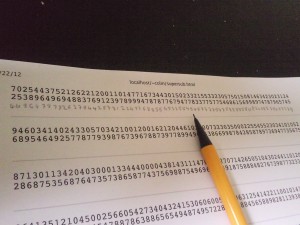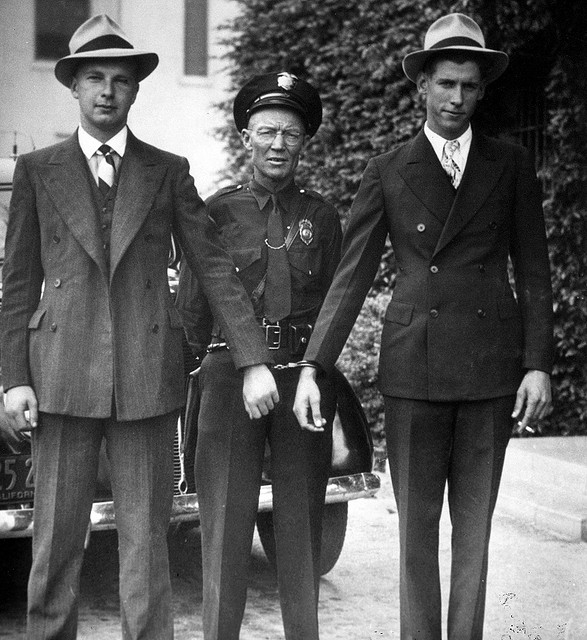Cambridge News is reporting that “maths whizz” and Cambridge maths masters graduate ((I particularly like how Click Liverpool has: “A “Master of Maths” has developed a formula…” as though “Master of Maths” is a made up thing.)) William Hartston has devised a system for predicting the winner at the Grand National on Saturday. Apparently he “looked at the number of letters in a horse’s name and the name’s first letter, the number of words the name contains and the horse’s age”. His system scores horses on a scale of up to 16 points; horses with one-word names beginning with the letters S, R, M or C and consisting of eight or 10 letters score well. The system apparently also takes age into account, which seems reasonable, but not the many other factors you might expect.
Hartston is quoted saying that Seabass is favourite to win as “the only horse with consistently high scores across all four criteria as it begins with S, is a one-word name, aged 10 years and has seven letters which is only slightly short of the preferred eight”. In fact, two horses scored 13 points, but Seabass has been chosen over Tatenen due to the mysterious claim “the latter’s scoring pattern was not as consistent as that of the former”. I’m unsure if this means that Tatenen’s name has changed.
And the work was “commissioned” by William Hill.
So far, so nonsense formula based on spurious correlations, but is that all there is to it? I always find it hard to believe that these stories are written or published, but there is something about Hartston as a source that seems especially strange.



